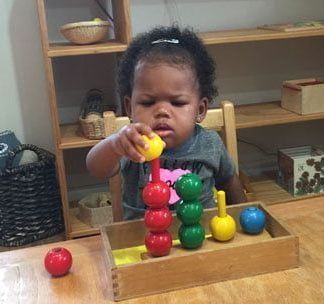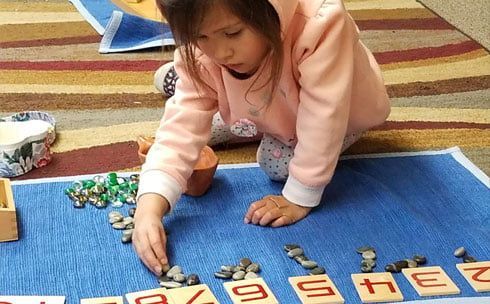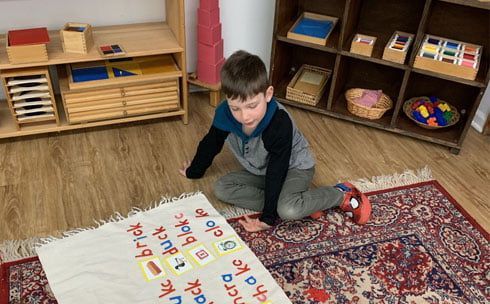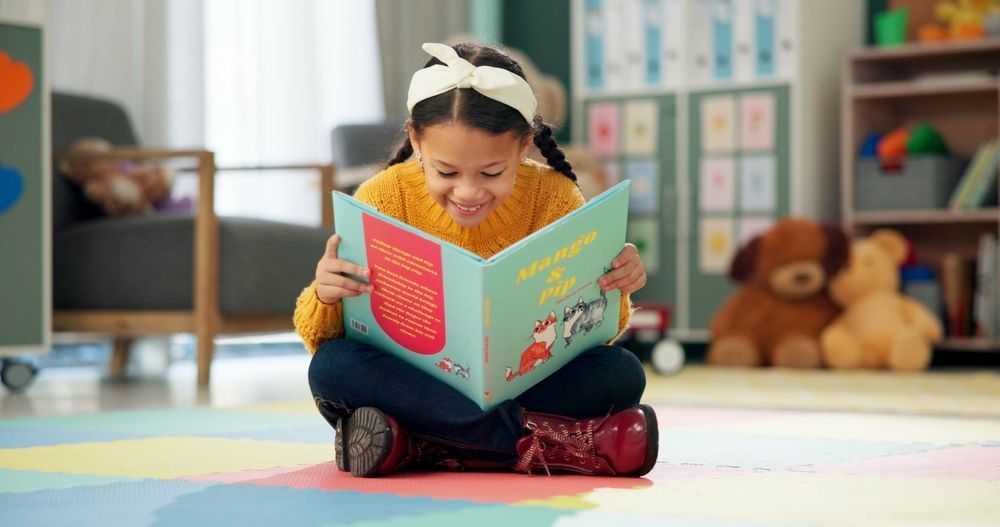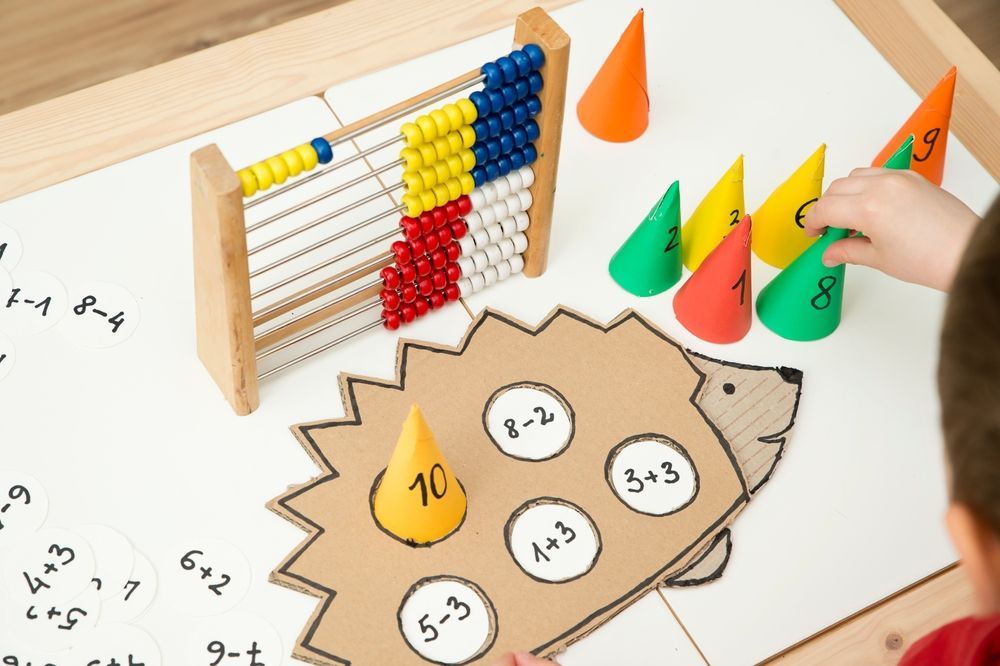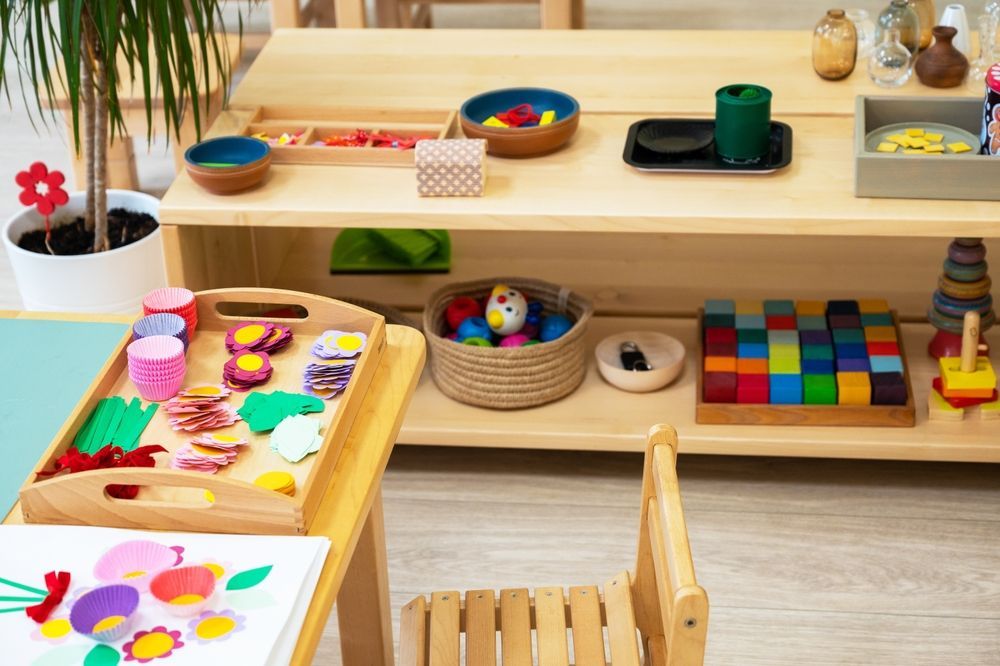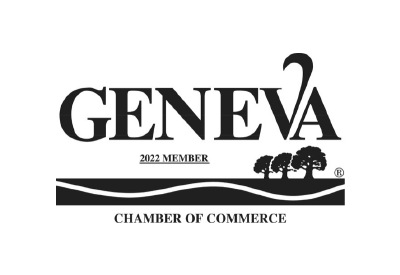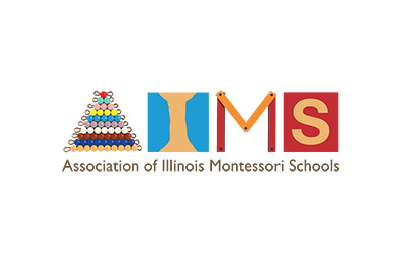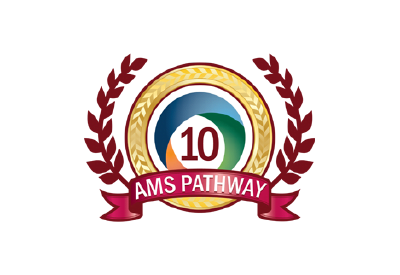How to Choose a Preschool: 8 Tips for Parents
Share this Article:
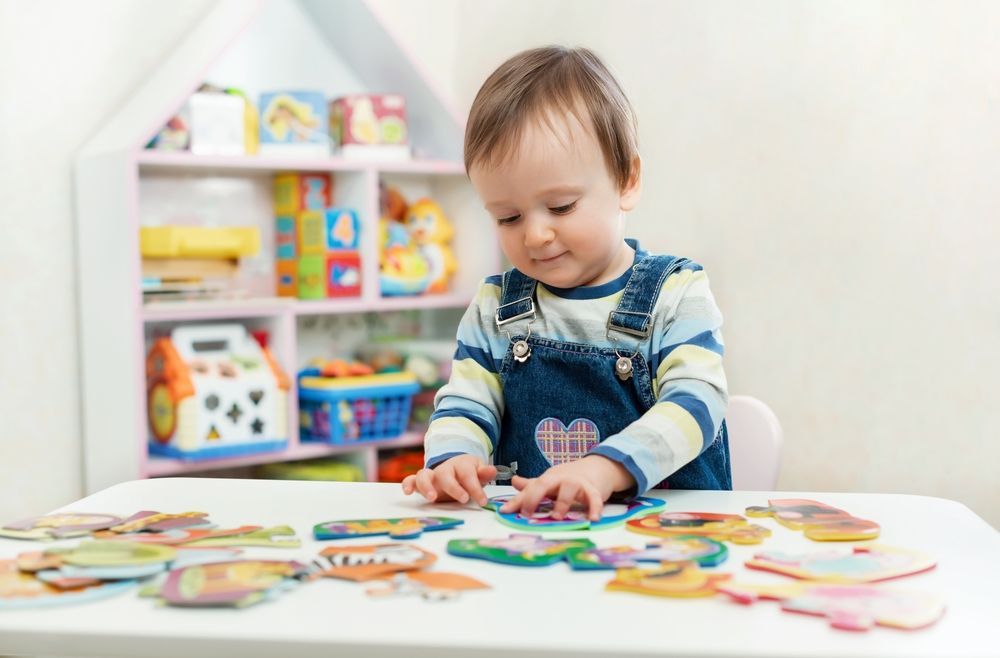
As a parent embarking on the journey of selecting the ideal preschool for your child, numerous considerations come into play. Ensuring a nurturing, engaging, and supportive environment is paramount for your child's early learning experiences. In this guide, we'll delve into key aspects to observe during your preschool visits, offering you a comprehensive roadmap to make an informed decision.
1.) Observe Teacher Interactions
During your visit to a potential preschool, closely observing the relationships between teachers and children provides a profound insight into the school's atmosphere. This observation is a key aspect of understanding the preschool experience.
Positive interactions speak volumes about the preschool's ethos. Watch for teachers who not only address children by their names but do so with warmth and genuine interest. A teacher who listens attentively and responds thoughtfully creates an atmosphere of trust, a fundamental element of early childhood education.
Beyond the verbal exchanges, notice the non-verbal cues – a reassuring smile, a comforting touch – these are the building blocks of a caring and nurturing environment. A preschool where teachers form meaningful connections with their young charges is likely to foster a positive and enriching learning journey for your child.
2.) Assess Peer Interactions
When evaluating a preschool, the behavior and interactions among the children can be a revealing reflection of the institution's efficacy. A well-run preschool manifests its success not only in academic achievements but also in the harmonious and positive interactions among its young charges.
Cooperative Play
Cooperative play, where children engage collaboratively in activities, is akin to a symphony of social development. It signifies that the preschool has successfully cultivated an environment where teamwork, sharing, and mutual understanding thrive. As children work together on projects or share toys, they are not just playing – they are learning essential social skills that lay the foundation for future interactions.
Positive Peer Interactions: Nurturing Friendships
The laughter of children engaged in positive peer interactions echoes the nurturing environment of a well-run preschool. When children support each other, share moments of joy, and actively participate in conversations, it suggests that the school fosters an atmosphere where friendships flourish. These positive bonds among peers contribute significantly to a child's emotional well-being and sense of belonging.
3.) Explore Outdoor Activities
Outdoor activities are a vital aspect of a child's comprehensive development. Walk through the preschool's outdoor spaces, carefully observing the areas dedicated to physical activities. A purposefully designed outdoor environment not only promotes physical exercise but also enriches cognitive skills, providing children with a vibrant and engaging learning experience. Take note of the playground equipment, open spaces for group activities, and the overall safety measures in place, ensuring a well-rounded developmental haven for your child.
4.) Consider Staff-to-Child Ratio & Individualized Attention
One of the key factors influencing the quality of a preschool is the staff-to-child ratio. This ratio is pivotal in ensuring that every child receives personalized attention and care. When visiting a preschool, take the opportunity to discuss the care that your child will receive.
A low staff-to-child ratio is indicative of a commitment to individualized attention. It allows teachers to focus on the unique needs of each child, fostering an environment where personalized learning experiences can thrive. This emphasis on tailored care contributes significantly to the overall quality of the preschool experience for your child.
5.) Understand the Costs
Preschool costs vary, and gaining a clear understanding of the financial aspects is crucial in making an informed decision. During your visit, take the opportunity to discuss tuition, fees, and any additional expenses with the preschool staff. Inquire about the payment structure, potential financial aid or scholarship options, and any hidden costs that may arise.
By openly addressing the financial aspects, you can ensure that your choice aligns with your budget and financial goals. A transparent conversation about costs sets the foundation for a positive and stress-free preschool experience for both you and your child.
6.) Check the Teacher's Background
The qualifications and commitment of the teaching staff significantly impact the quality of early education. Inquire about the teachers' formal training, emphasizing the importance of post-high school education in child development or related fields. A well-educated and committed teaching staff can contribute to a high-quality learning experience.
7.) Ask Other Parents in the Community
Parents within the preschool community offer valuable insights that can greatly contribute to your decision-making process. Take the opportunity to connect with other parents during your visit, as they can provide firsthand experiences and observations that go beyond what official tours may reveal. Strike up conversations and inquire about their personal journeys with the preschool.
Ask about their experiences, paying particular attention to how they perceive teacher interactions with the children. Gain insights into their observations of peer dynamics – are the children interacting positively, and do they seem genuinely engaged in the learning environment? Having these conversations will help you gather additional context that can help you assess the overall satisfaction of families within the preschool.
8.) Consider What's Best for Your Child
Parents should learn about the options in preschools in their area, recognizing that there are more options available than traditional daycare center-like programs. Parents should consider the type of educational philosophy used within the program to help them to make decisions right for their child.
It is not necessary for preschools to be accredited, though some programs are. What is most important is looking at how students are taught, including the range of opportunities they have, the environment, and how the teachers incorporate the educational philosophy.
Parents may wish to learn the type and level of education the teachers have in the educational philosophy selected. They should also ensure teachers are positive and caring while also being interactive and engaging with children. At the same time, positive discipline should be a component of this educational plan.
Why Choose Montessori?
A Montessori preschool provides the opportunity for students to learn based on what they are most interested in learning. It typically provides an education that is fitting to the child’s development stage rather than just their age. It also encourages cooperative play and is always child-centered, meaning the children are able to move from one task, topic, or area to another based on what interests them. Even through this method, students learn the basics of education, including letters, numbers, and other foundation skills.
The best way to learn if a school is right for your child is to visit one. Contact Geneva Montessori School to learn more about your educational options.
